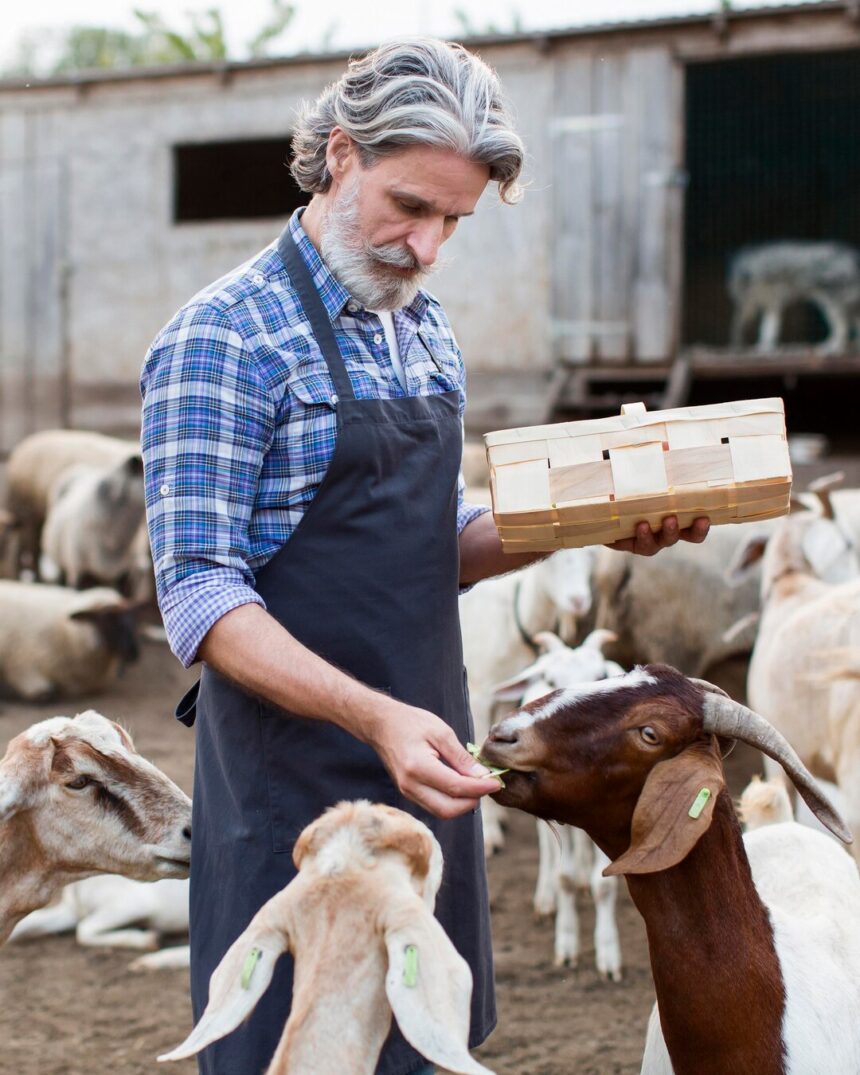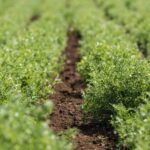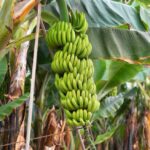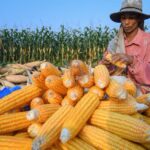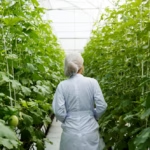Sustainable livestock management is essential for ensuring the long-term health of our planet, as well as the well-being of animals and communities. As global demand for animal products continues to rise, it’s crucial to adopt practices that minimize environmental impact, promote animal welfare, and support the livelihoods of farmers and ranchers. In this article, we’ll delve into the principles of sustainable livestock management, exploring how it encompasses environmental stewardship, animal welfare, and economic viability.
Environmental Stewardship:
One of the primary goals of sustainable livestock management is to minimize the environmental impact of animal agriculture. This involves implementing practices that reduce greenhouse gas emissions, conserve natural resources, and protect biodiversity. Sustainable livestock farmers may employ techniques such as rotational grazing, which helps prevent soil erosion, improve soil fertility, and sequester carbon. Additionally, they may utilize renewable energy sources, implement water conservation measures, and minimize chemical inputs to mitigate environmental pollution and preserve ecosystems.
Animal Welfare:
Ensuring the welfare of livestock is integral to sustainable management practices. This involves providing animals with access to clean water, nutritious food, shelter, and veterinary care. Sustainable livestock farmers prioritize humane treatment and strive to create environments that allow animals to express natural behaviors and thrive. They may utilize pasture-based systems that allow animals to graze freely and engage in social interactions, as well as provide comfortable housing that protects animals from extreme weather conditions and predators.
Regenerative Grazing:
Regenerative grazing is a key component of sustainable livestock management, emphasizing the symbiotic relationship between animals and the land. This approach focuses on mimicking natural grazing patterns to improve soil health, promote grassland diversity, and enhance ecosystem resilience. By rotating livestock through different paddocks and allowing vegetation to recover between grazing periods, regenerative grazers can regenerate soil organic matter, increase water infiltration, and enhance nutrient cycling, leading to healthier landscapes and more productive pastures.
Local and Grass-Fed Production:
Supporting local and grass-fed livestock production is another cornerstone of sustainable management. By sourcing meat, dairy, and eggs from local farms that prioritize sustainable practices, consumers can reduce the environmental footprint associated with transportation and support the local economy. Grass-fed livestock systems, which rely on pasture and forage rather than grain-based diets, can also have environmental benefits, including lower greenhouse gas emissions, reduced reliance on fossil fuels, and improved soil health.
Economic Viability:
For sustainable livestock management to be successful, it must also be economically viable for farmers and ranchers. This requires balancing environmental and social considerations with the need to generate sufficient income to support livelihoods and invest in the future. Sustainable livestock producers may diversify their income streams through value-added products, agritourism, or direct marketing channels such as farmers’ markets and community-supported agriculture (CSA) programs. They may also participate in certification schemes or market initiatives that reward sustainable practices and provide access to premium markets.
Sustainable livestock management is a multifaceted approach that encompasses environmental stewardship, animal welfare, and economic viability. By adopting practices that minimize environmental impact, prioritize animal welfare, and support local communities, farmers and ranchers can contribute to a more resilient and sustainable food system. Consumers also play a crucial role in supporting sustainable livestock production by making informed purchasing decisions and advocating for policies that promote responsible agriculture. Together, we can work towards a future where livestock farming is not only economically viable but also environmentally sound and socially responsible.


